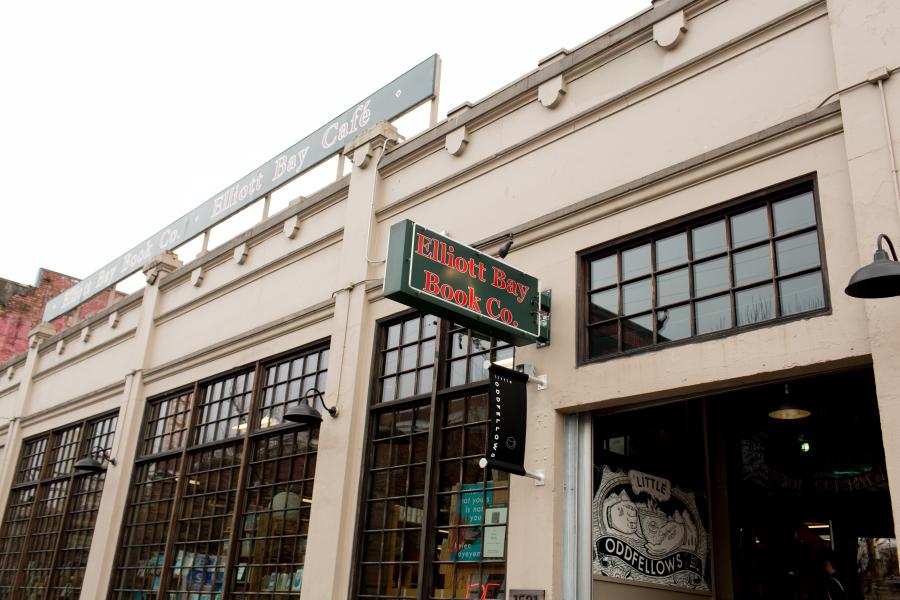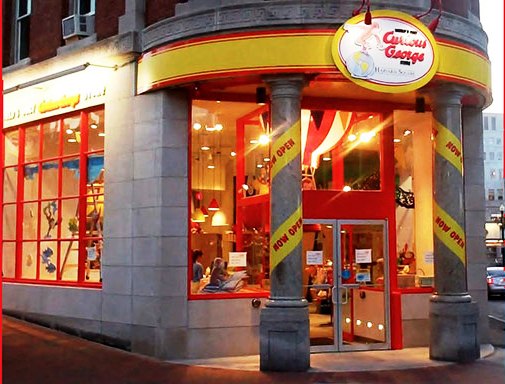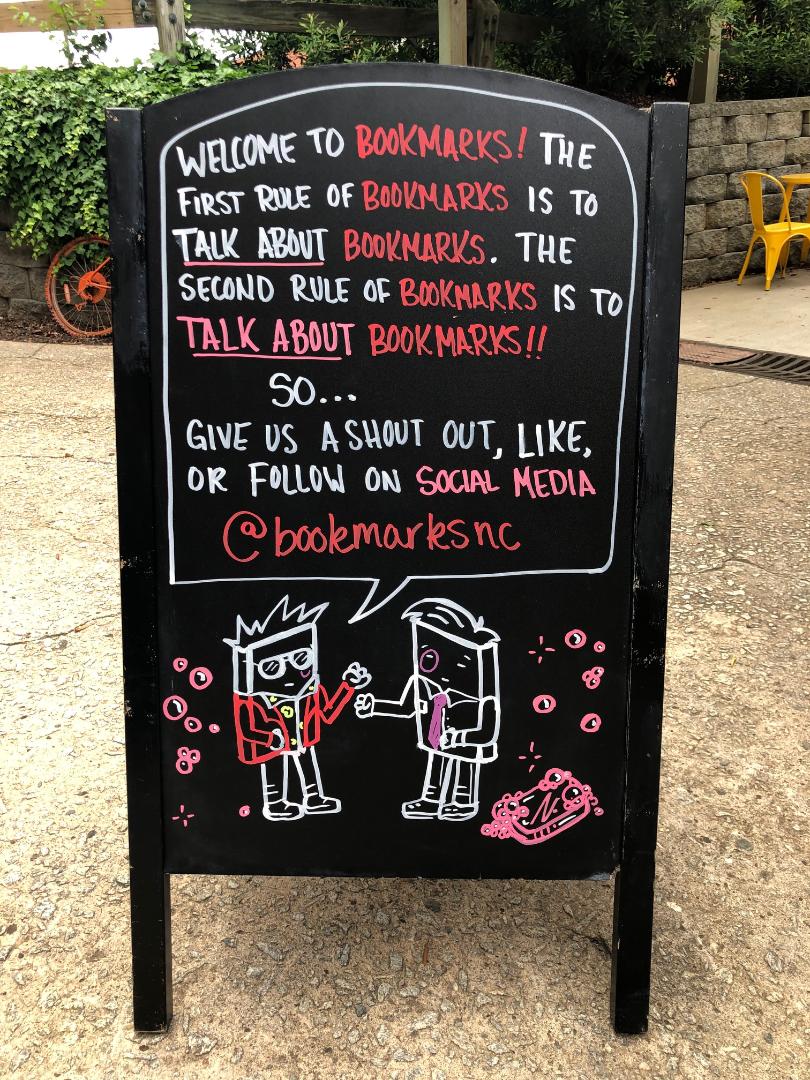In June 2014, the City Council of Seattle, Wash., voted to raise the city's minimum wage to $15 per hour by 2021. Depending on the number of employees they have, what sorts of benefits they provide and whether they accept tips, Seattle businesses have been on various schedules to reach $15 per hour. But as of the beginning of this year, small employers--those with 500 or fewer employees in the United States--who pay at least $3 per hour toward an individual employee's medical benefits must pay $12 per hour. Small employers that do not provide health care or do not accept tips must pay $15 per hour.
In the years since Seattle's former mayor signed the minimum wage increase into law, the city's independent booksellers have taken a variety of steps to get ahead of the scheduled wage increases. Some of these methods have included bringing in higher-margin sidelines, diversifying business models and more carefully managing staff and employee hours. At the same time, many indies have expressed concern not only with the city's position on small businesses but also with the explosive growth Seattle has seen in the last decade.
To get a better sense of how indies have fared in the past few years and how other booksellers facing similar rising minimum wage laws can plan for the future, Shelf Awareness has talked to several booksellers responsible for stores of varying sizes throughout Seattle.
 While the current minimum wage in Seattle for small employers that offer health insurance is $12 per hour, Elliott Bay Book Company made the decision late last year to bring all of their employees up to at least $15 per hour, starting in 2019. Tracy Taylor, Elliott Bay's general manager, reported that the decision, which she made with store owner Peter Aaron, came about largely because of a provision in the minimum wage law that she said is often overlooked.
While the current minimum wage in Seattle for small employers that offer health insurance is $12 per hour, Elliott Bay Book Company made the decision late last year to bring all of their employees up to at least $15 per hour, starting in 2019. Tracy Taylor, Elliott Bay's general manager, reported that the decision, which she made with store owner Peter Aaron, came about largely because of a provision in the minimum wage law that she said is often overlooked.
If the company both offers health insurance and if the employee chooses the health insurance plan, Taylor explained, the minimum wage is $12. But if the company does not offer health insurance, or if the employee chooses to opt out of it, the wage is $15. In 2018, Taylor continued, the gap between the minimum wage for those choosing health insurance and those who opted out of it widened considerably, and as a result she began to see a large increase in the number of booksellers choosing to forgo health insurance.
"Given how hard we work--and always have worked--to provide insurance, that really became a concern," said Taylor. "We want our staff to be insured. We have a lot of young and healthy staff, but it was hard to see people make that choice."
Taylor noted that while it was impossible to tell in every case whether a bookseller opting out of insurance had coverage elsewhere thanks to a parent's or partner's insurance plan, the increase in staff members opting out was stark. Taylor recalled that prior to making this decision, she and Aaron had gone into December 2018 thinking they had a set plan for how they would tackle 2019. Around mid-December, they decided to change course drastically and "solve this for the next three years." The result was raising the store's starting salary to $15 per hour.
"It was a decision based on where we needed to get to for 2021, the fact that we were seeing staff opt out of health insurance in favor of a higher minimum starting wage, and we just felt the business was at a point where we could do that," said Taylor. "Given our increased sales each year since our move and the strong economy, we decided to make the leap."
 According to Taylor, although the decision was "not ideal for everyone," she sat down one-on-one with every bookseller to discuss what this would look like and what it would mean for them. Despite it resulting in everybody on staff being "closer together in wage," she and Aaron heard "resounding support." Taylor added that once the policy came into effect, most staff either saw an increase in their wages or now had the option to sign up for insurance without having to make a choice against their wage.
According to Taylor, although the decision was "not ideal for everyone," she sat down one-on-one with every bookseller to discuss what this would look like and what it would mean for them. Despite it resulting in everybody on staff being "closer together in wage," she and Aaron heard "resounding support." Taylor added that once the policy came into effect, most staff either saw an increase in their wages or now had the option to sign up for insurance without having to make a choice against their wage.
Over the past few years, Taylor said, the only inventory decision that the store has made in direct response to the rising minimum wage was the decision to focus on higher-margin sidelines. While Elliott Bay didn't increase the size of its sidelines inventory, Taylor continued, its make-up changed, and in recent years the store has carried many more letterpress and artisanal cards, as well as games and puzzles.
As for business-to-business sales, Taylor said that Elliott Bay has pursued more corporate clients in recent years, but emphasized that it was "not at all" tied to the minimum wage. "We're always looking at the bottom line," she said. "That's just part of running a business."
Despite payroll costs continuing to rise, Elliott Bay Book Company has not changed its staffing procedures. Aside from a few support staff who are part time, almost all of the bookstore's employees are full time. Taylor and other senior colleagues have not scheduled any differently, and have actually increased the size of the store's staff, in part because business has continued to grow every year since the store moved from Pioneer Square to Capitol Hill in 2009.
"Contrary to what one might think, we haven't reduced or trimmed around the edges," Taylor said. "We're a customer service-based industry and we don't want to diminish that."
On the subject of the move from Pioneer Square to Capitol Hill, Taylor recalled that back then, many of her staff members were very excited about the move because many of them lived in that neighborhood. Now, roughly a decade later, hardly any of the store's staff can afford to live in the neighborhood.
"Some don't even live in the city anymore," Taylor said. "The minimum wage has gone up but cost of living has skyrocketed." --Alex Mutter
 Bookstore sales in March fell 7%, to $645 million, according to preliminary estimates from the Census Bureau. For the first three months of the year, bookstore sales fell 9.1%, to $2.36 billion.
Bookstore sales in March fell 7%, to $645 million, according to preliminary estimates from the Census Bureau. For the first three months of the year, bookstore sales fell 9.1%, to $2.36 billion.












 Publisher
Publisher  While the current minimum wage in Seattle for small employers that offer health insurance is $12 per hour,
While the current minimum wage in Seattle for small employers that offer health insurance is $12 per hour,  According to Taylor, although the decision was "not ideal for everyone," she sat down one-on-one with every bookseller to discuss what this would look like and what it would mean for them. Despite it resulting in everybody on staff being "closer together in wage," she and Aaron heard "resounding support." Taylor added that once the policy came into effect, most staff either saw an increase in their wages or now had the option to sign up for insurance without having to make a choice against their wage.
According to Taylor, although the decision was "not ideal for everyone," she sat down one-on-one with every bookseller to discuss what this would look like and what it would mean for them. Despite it resulting in everybody on staff being "closer together in wage," she and Aaron heard "resounding support." Taylor added that once the policy came into effect, most staff either saw an increase in their wages or now had the option to sign up for insurance without having to make a choice against their wage. Feminist publisher Dottir Press launched its first novel, Please Read This Leaflet Carefully by Karen Havelin, with a reading at
Feminist publisher Dottir Press launched its first novel, Please Read This Leaflet Carefully by Karen Havelin, with a reading at  The Irish Examiner featured a
The Irish Examiner featured a 
 Theodore Boone: The Accomplice
Theodore Boone: The Accomplice The culture-crossing, time-spanning quest for the elixir of life has always told us more about human nature than about chemistry. Eternal youth and immortality remain as desirable as they are elusive--and the tales of our relentless pursuit of them, whether they're grounded in mythology or scientific inquiry, often turn out to be great conduits for stories about longing, grief and love.
The culture-crossing, time-spanning quest for the elixir of life has always told us more about human nature than about chemistry. Eternal youth and immortality remain as desirable as they are elusive--and the tales of our relentless pursuit of them, whether they're grounded in mythology or scientific inquiry, often turn out to be great conduits for stories about longing, grief and love.